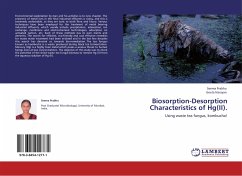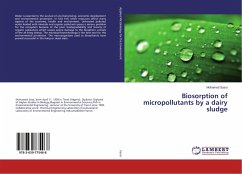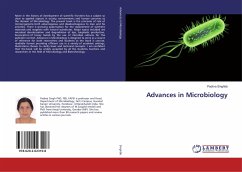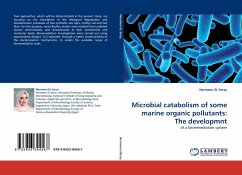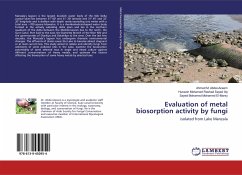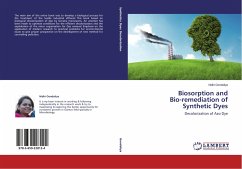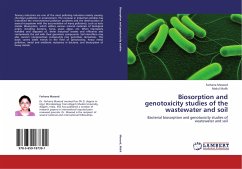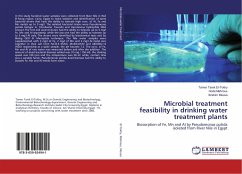Environmental exploitation by man and his activities is no new chapter. The presence of metal ions in the final industrial effluents is rising, and this is extremely undesirable, as they are toxic to both flora and fauna. Various techniques have been employed for the treatment of metal bearing industrial effluents, which usually include precipitation, adsorption, ion exchange, membrane and electrochemical technologies, adsorption on activated carbon, etc. Each of these methods has its own merits and demerits. The search for efficient, eco-friendly and cost effective remedies for waste water treatment had been initiated and in the last few decades this search has directed us towards bio-remediation.The tea fungus known as kombucha is a waste produced during black tea fermentation. Mercury (Hg) is a highly toxic metal which poses a serious threat to human beings even at low concentrations. The objective of this study was to check the potential of the dried waste tea fungal biomass to remove Hg (II) from the aqueous solution of Hg (II).
Bitte wählen Sie Ihr Anliegen aus.
Rechnungen
Retourenschein anfordern
Bestellstatus
Storno

